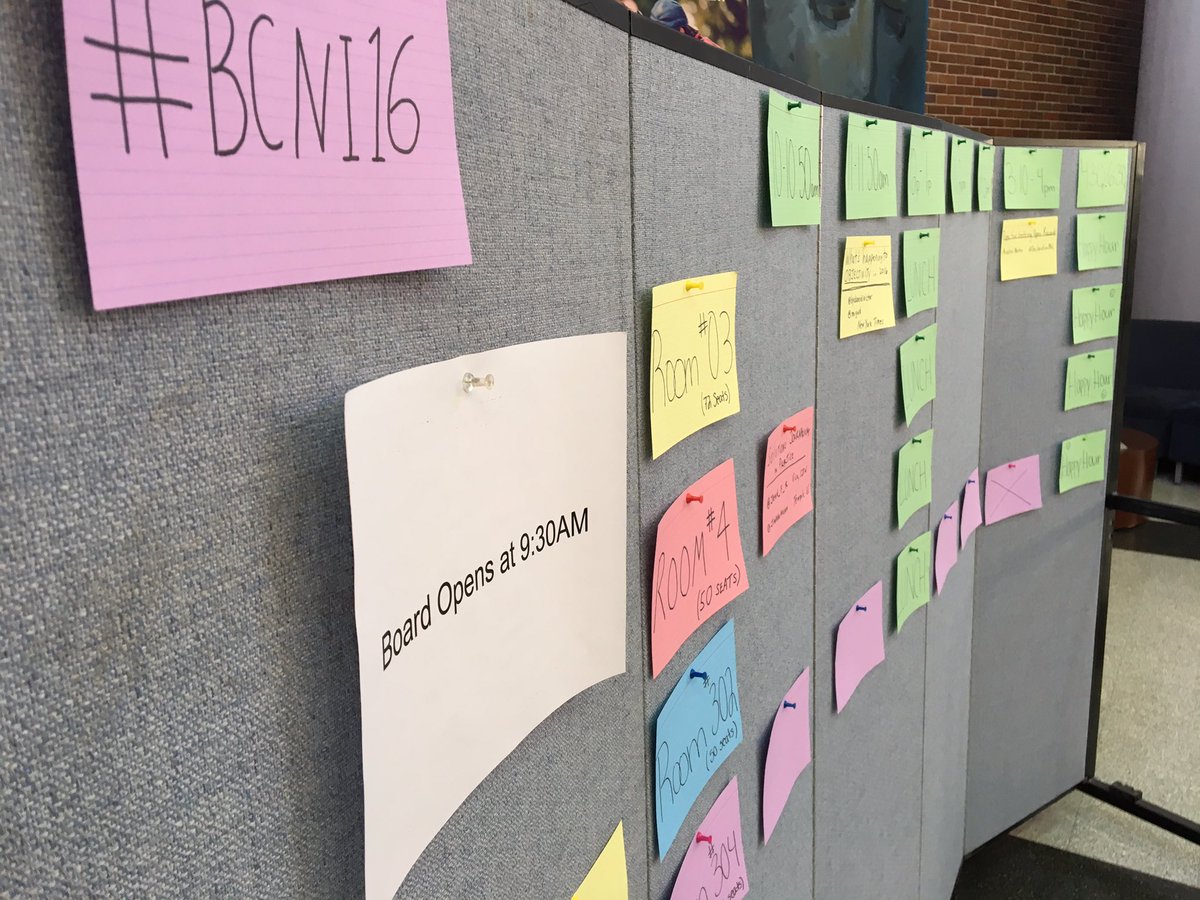Though geared toward newsrooms, our annual Barcamp News Innovation event always brings out lots of lessons for anyone publishing or sharing on the web. The 8th annual unconference, which we at Technically Media organize, was no different. And it turned out to be our best attended yet.
It’s a daylong unconference held at Temple University that’s not to be confused with the still upcoming, equally wonderful and more general-interest Barcamp Philly. Temple’s School of Media Communications is the event’s title sponsor and major collaborator. This year was also made possible with support from the Mozilla Foundation.
Search the #BCNI16 tweets while ya can. Here are a few quick lessons (with links) that you missed if you weren’t at the event:
1. Publishers are nervous about the dominance of Facebook and other companies in distributing content online.
- That’s one reason there’s enthusiasm for other platforms, like Reddit, and why there’s still lots of attention on email, mobile apps and phone-based relationships with readers. Read more here on how Philly.com analyzes its Reddit data. (It’s written by the site’s new analytics chief, Daniel McNichol.)
2. With the scale of the web, accessibility is an increasingly important conversation.
- Welcoming screen readers (for the blind and visually impaired) is as important as being mobile-first. Read more here about a session led by Aaron Jorbin, a developer formerly with Conde Nast, as part of a collection of notes from TED Managing Editor Emily McManus. (Bonus points, she recaps a conversation on objectivity from a pair of New York Times engagement stars.)
3. Storytelling experiences need to continue to test boundaries.
- Along with open records and some open data conversations, new ideas around engagement, including augmented reality, virtual reality and small steps along the way (Snapchat Discover got the treatment from Dave Cole of the Wall Street Journal) were discussed. Read more here, which includes a brief mention in the recap from longtime blogger and attendee Christine Cavalier.
4. Publishers must adapt to benefit from social algorithms in the same way spammers do.
- Salon developer Aram Zucker-Schraff led a session on the topic of content fraud. Read more in this Storify from a Temple staffer.
5. Algorithms adopt our own biases and must be approached as such.
- In addition to social media feeds, how communities of color and other underrepresented groups are incorporated into the web got heavy attention. Read more here in a wide-ranging recap from this reporter (and event organizer).
Read more here in a news item about #BCNI16 from Temple’s student radio station.







